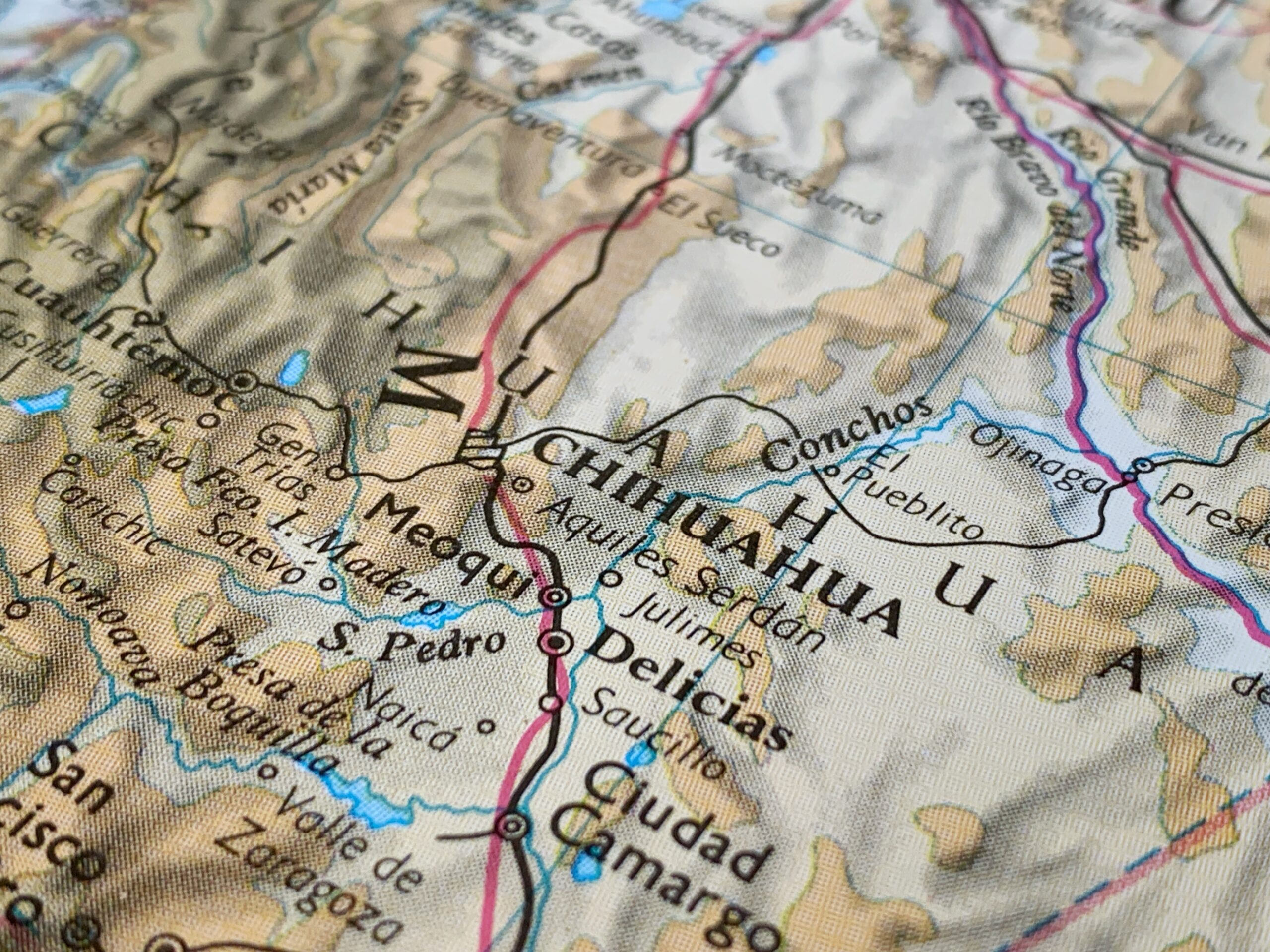Cartels USE AI – Mexico FIGHTS BACK With Tech

As criminals in Mexico adopt AI for sophisticated illegal operations, Chihuahua state fights back with its own high-tech surveillance system that’s already cutting crime rates.
At a Glance
- Chihuahua’s $84 million Plataforma Centinela uses AI and advanced surveillance to combat organized crime
- The system includes over 2,700 monitoring points, 4,400 cameras, and license plate readers across 13 municipalities
- Torre Centinela, a high-tech command center in Ciudad Juárez, serves as the network’s headquarters
- Homicide rates have significantly decreased in key areas like Madera and Ciudad Juárez
- Gun seizures have increased by 23% since implementation, with over 107,000 rounds of ammunition confiscated
Mexico’s Border State Deploys AI Against Cartel Violence
The Mexican state of Chihuahua launched Plataforma Centinela in 2021 under Governor Maru Campos to combat organized crime using artificial intelligence. The initiative represents a significant shift in how Mexican authorities approach security challenges along the U.S. border. Chihuahua’s innovative approach comes at a critical time when criminal organizations throughout Latin America are increasingly using AI technology for their operations, creating an arms race of sorts in the technological sphere of crime and law enforcement.
“This tower will be our command center,” said Chihuahua’s Public Safety Director Gilberto Loya, describing the cornerstone of the state’s new security infrastructure.
Torre Centinela, currently 73% complete, will soon become the tallest structure in the El Paso-Juárez area. The tower offers strategic visibility over Ciudad Juárez and parts of El Paso, Texas, and will eventually link to El Paso’s 911 system for cross-border emergency coordination. This command center houses the State Public Security Secretariat’s offices and serves as the brain of the entire surveillance network.
Advanced Technology Creating Results
The Plataforma Centinela network includes over 2,700 smart monitoring points and 4,400 PTZ (pan, tilt, zoom) cameras across 13 municipalities. The system’s arsenal of technology is impressive: facial recognition systems, bluetooth scanners, license plate readers, and thousands of mobile cameras. These tools allow law enforcement to monitor and respond to criminal activities more effectively throughout the state, particularly in areas previously dominated by cartel violence.
“This is the result of using technology so the police can respond with more efficiency and with more information,” explained Luis Aguirre, Chief of Staff for the Chihuahua police.
The investment is already showing results. Since implementation, homicide rates have dropped significantly in municipalities like Madera and Ciudad Juárez. The technology has also led to a 23% increase in the seizure of long guns and the confiscation of over 107,000 rounds of ammunition. Beyond statistics, the system has directly contributed to rescuing kidnapping victims and building stronger legal cases against criminal organizations.
International Recognition and the Criminal Tech Race
Chihuahua’s security agency recently received international recognition at the World Police Summit in Dubai for its implementation of AI in policing. According to Chihuahua Secretary of Public Security Gilberto Loya, the state’s police force “was recognized worldwide as the police force with the most advanced use of artificial intelligence.” This recognition highlights the pioneering nature of their approach in the global context of law enforcement technology.
“AI can save time. Instead of manually calling each potential victim, you can set up a computer to dial a bunch of messages all at once. You spend less resources and you’ll probably get a reward that will be much higher,” said Carlos Solar, explaining how criminals are leveraging similar technologies.
The initiative comes as organized crime groups like Mexico’s Jalisco New Generation Cartel (CJNG) are reportedly using AI for criminal activities. Since ChatGPT’s release in 2022, large language models have become more accessible to both law enforcement and criminals. Criminal organizations are utilizing AI for creating deep fakes, optimizing fraud operations, enhancing phishing techniques, and developing malware, creating an urgent need for sophisticated countermeasures like Plataforma Centinela.
Building Toward a Safer Future
The Chihuahua government stated that Plataforma Centinela was designed “to weaken criminal structures and bring them to justice, and to protect the lives, safety, and property of citizens.” The strategic implementation across the state’s major highways and 13 largest cities represents a comprehensive approach to security that aims to leave criminal organizations with fewer places to operate freely.
“This is a clear sign that the strategy being used at the state level is working,” said Luis Aguirre, pointing to the measurable improvements in public safety. The initiative demonstrates how technology-driven approaches can help address deeply entrenched security challenges, potentially offering a model for other Mexican states facing similar issues with organized crime.












